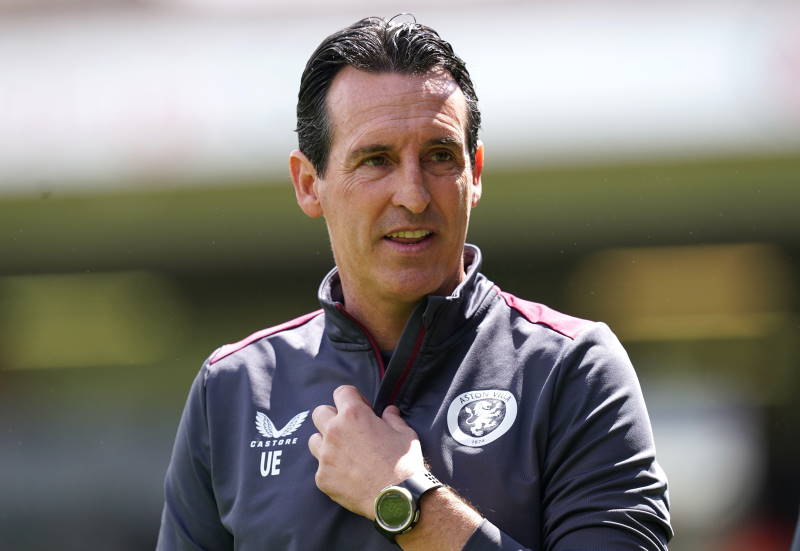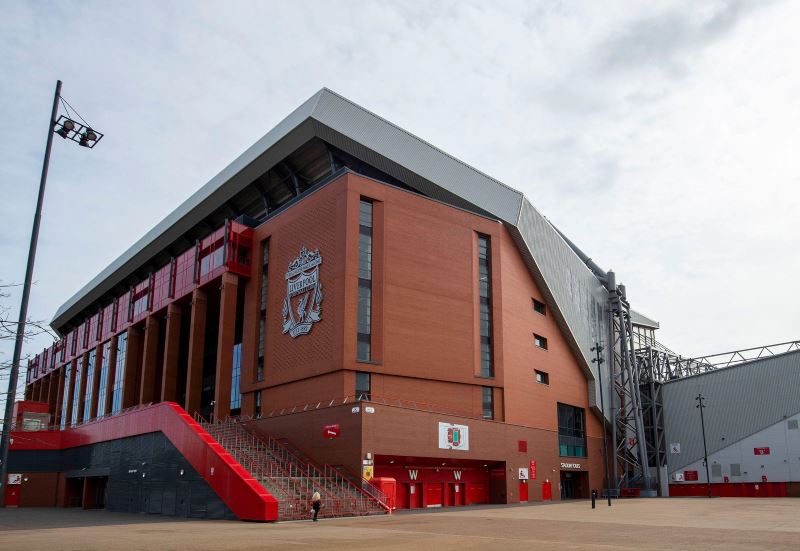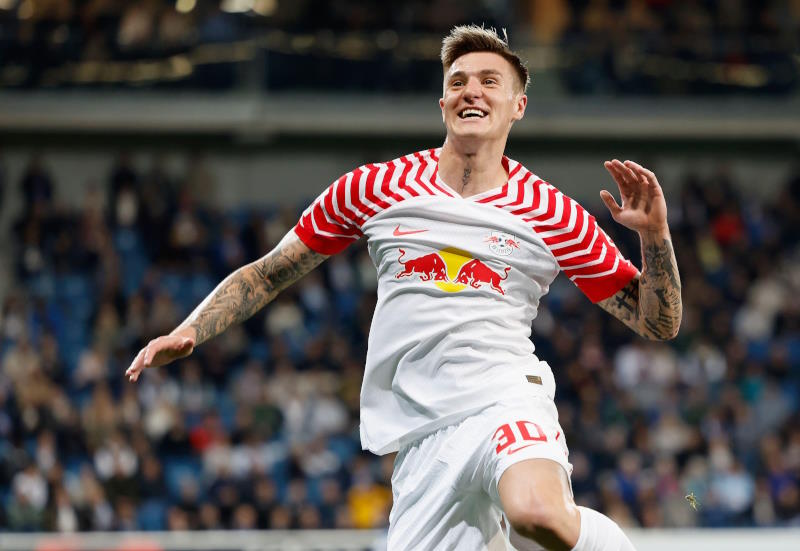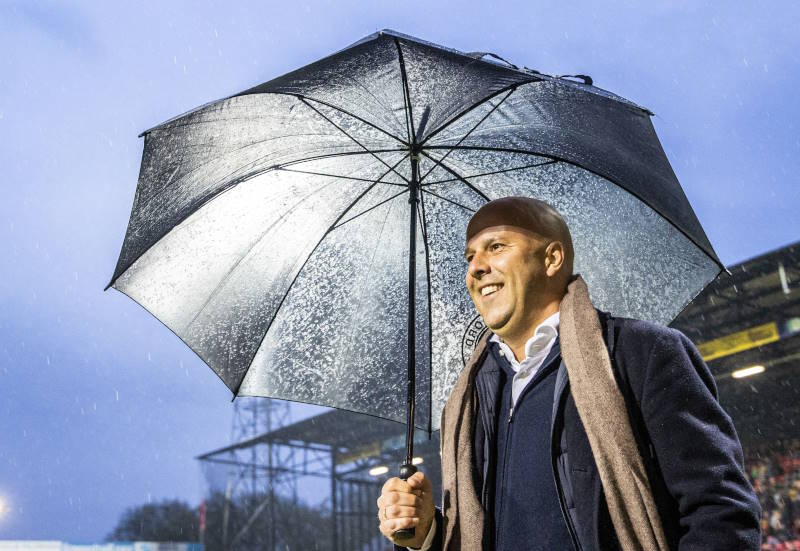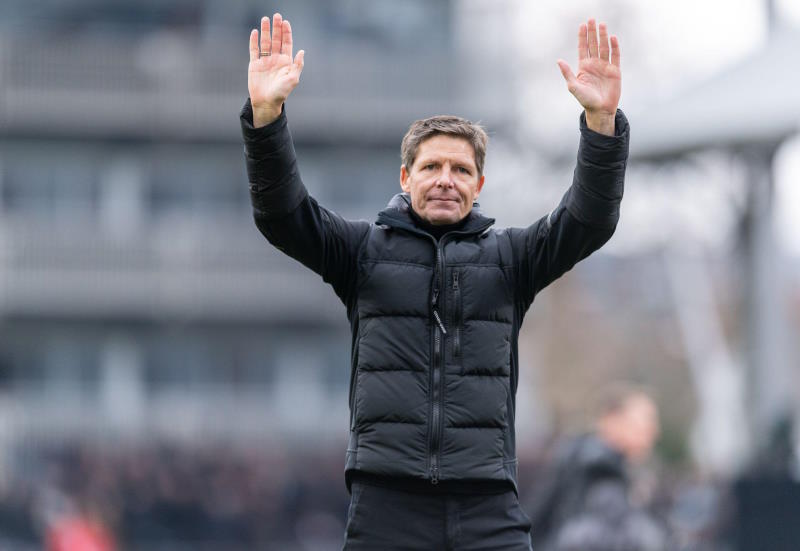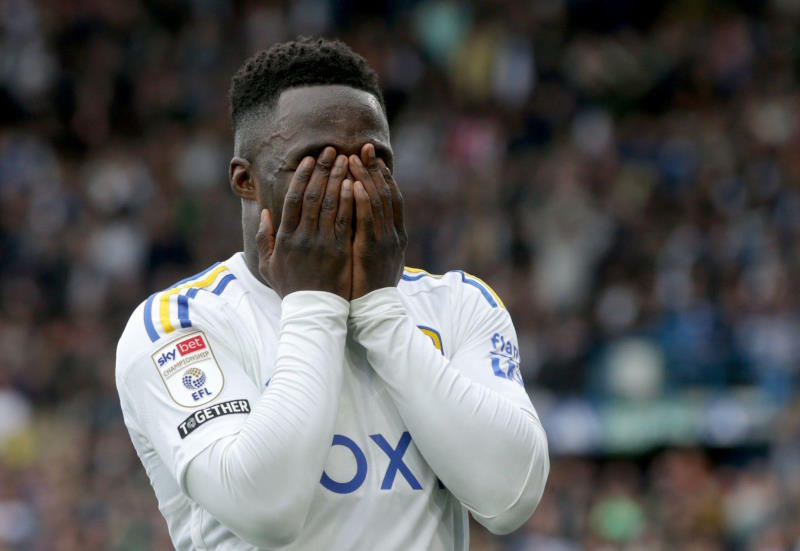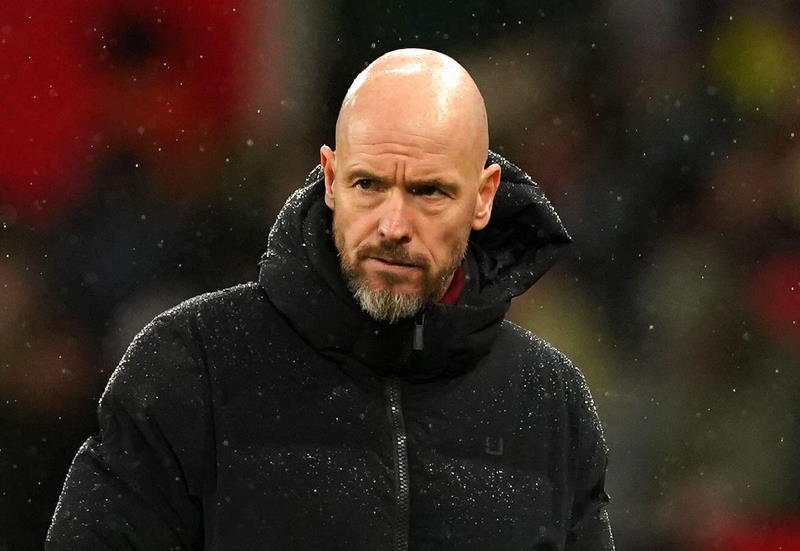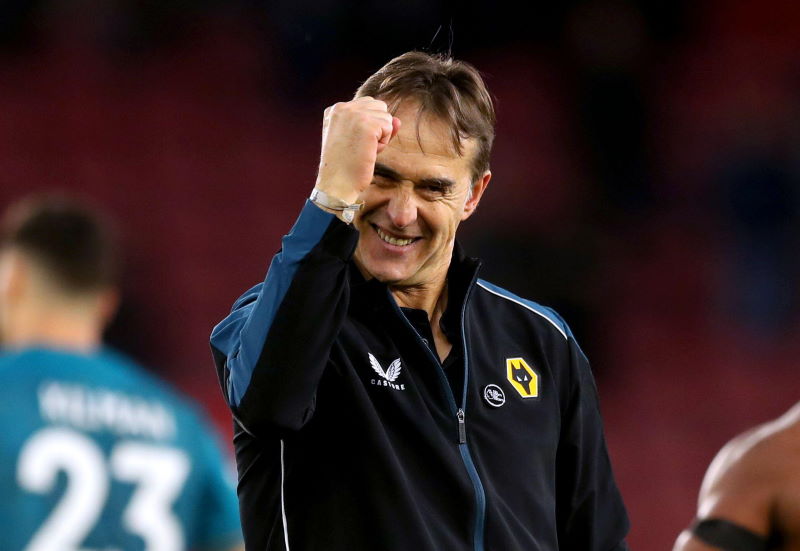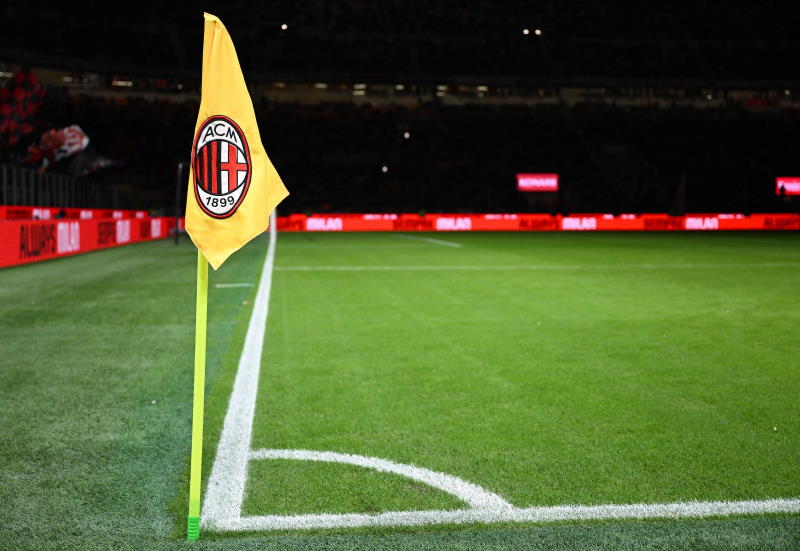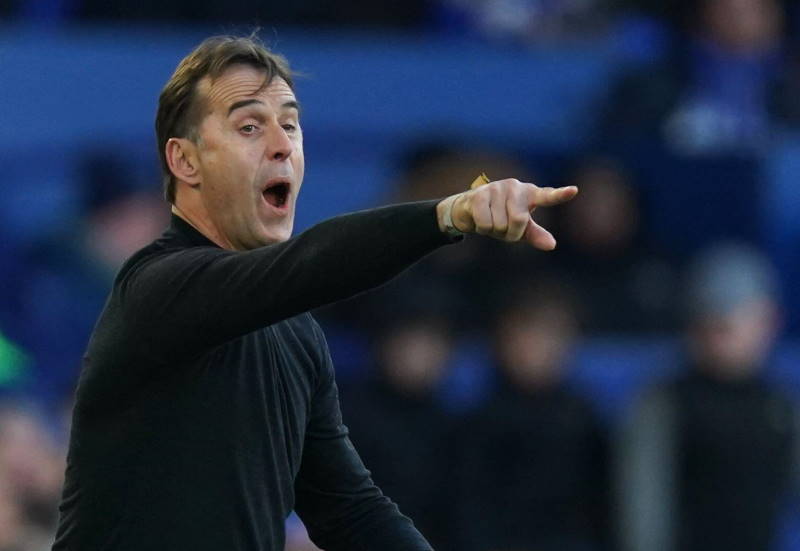
With just three goals conceded in 300 minutes against two of European’s best teams, Chelsea unquestionably won the 2012 Champions League with defensive resilience rather than attacking flair. Barcelona and Bayern Munich had plenty of the ball in the semi-final and final respectively, but it was goalkeeper Petr Cech and his back four who had the last laugh. Style and pizzazz went out the window, with grit and discipline replacing them.
But just because Roberto Di Matteo’s men put such emphasis on organisation and work-rate at the expense of entertainment, does that make Chelsea’s achievement any less special? The answer is clearly no, despite some criticism of the perceived negative approach in the wake of the Champions League final. And, given that German teams have used this disciplined recipe for success countless times over the years, there can be little sympathy for any ‘anti-football’ complaints.
Di Matteo got his tactics spot on, masterminding the club’s first ever Champions League triumph and surely securing his job for next season in the process – but he is not earning enough credit in some quarters. Until Barcelona’s graceful brand of football emerged over the past few years, the long standing principle was that trophy-chasing sides were built on a solid defence, first and foremost. In that sense, the Blues are a throwback to earlier this century when AC Milan, Juventus and FC Porto thrived – not that the Chelsea players will care either way, judging by their post-game celebrations.
As with any sport, football is about a team playing to their strengths and winning the individual battles. In the semi-final against Barcelona, the Blues came up against a team that has dominated domestically and in Europe over the past five years. Trying to beat Lionel Messi, Xavi and company at their own game was never a realistic option, leaving Chelsea little choice but to lean on their experience and the quality they have in the defensive third.
In Munich, it was a similar story, as Di Matteo prepared for the challenge of facing an intimidating attacking cocktail of Bastian Schweinsteiger, Arjen Robben, Franck Ribery, Mario Gomez and Thomas Muller. Bayern Munich were the better side on the night – even the most diehard Chelsea fan would concede as much – and had the lion’s share of possession (55%). The Germans had 20 corners and 34 shots on goal, with 21 on target. But Chelsea refused to throw in the towel, even when Muller gave the Bavarians the lead with eight minutes of normal time remaining. The Blues’ game plan was clear: Bayern Munich can have the ball in certain areas but they will get nothing easy in the final third.
And it is easy to see that Di Matteo was playing the best hand available to him – quite simply, Chelsea’s strengths do not lie in attack. Didier Drogba, one of the Chelsea’s heroes in the final, is 34 and may have played his last game for the club while Fernando Torres had not done enough to earn a starting spot. Of the other attacking options, only Juan Mata truly falls into the "elite attacking midfielder" category and, with the little Spaniard employed centrally, Di Matteo’s formation meant there was little threat from the Londoners out wide.
But what the Blues do have is a string of top class performers at the other end of the pitch. Ashley Cole cemented his position as the world’s premier left back with his masterclasses against Barcelona and Bayern Munich. Strong in the tackle and quick on the deck, there was no way past him. Meanwhile, Cech’s reputation has taken a few hits over the past two seasons but he was outstanding in Chelsea’s European surge – and he saved his best until last. Even without John Terry, the Blues defence stood tall, as Gary Cahill and David Luiz picked the perfect time to prove their worth.
When the history books are written, this Chelsea side will not go down among the most talented of conquering Champions League teams. But they earned their spot among the grittiest and most organised winners, particularly given that they beat Bayern Munich in their own Allianz Arena backyard.
Di Matteo got every ounce of talent and energy from each of his players and, like it or not, Chelsea’s measured approach has finally delivered the trophy that owner Roman Abramovich has craved since arriving in London. In Munich, heart and organisation trumped skill – and it is hard not to find some cause for celebration in that outcome.

